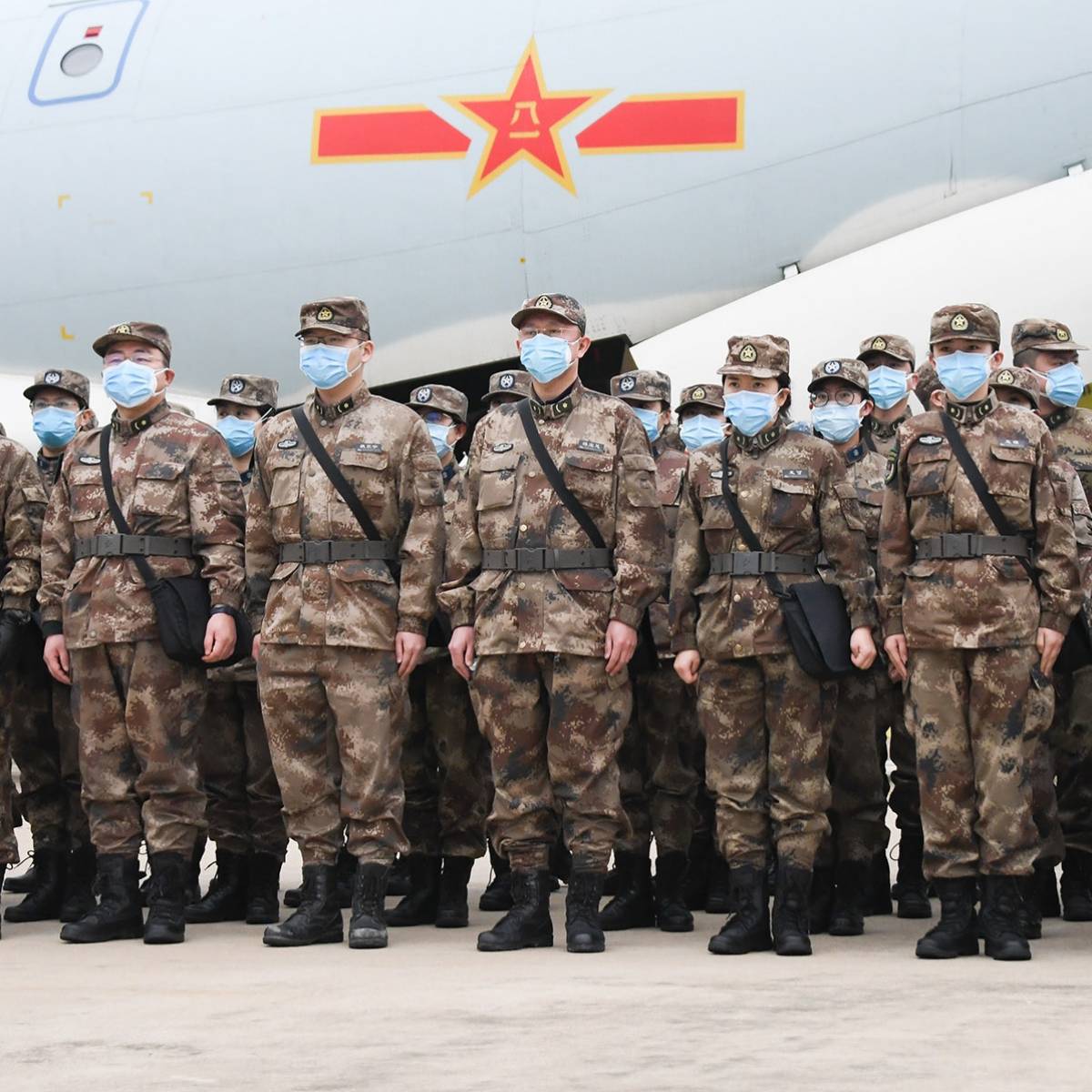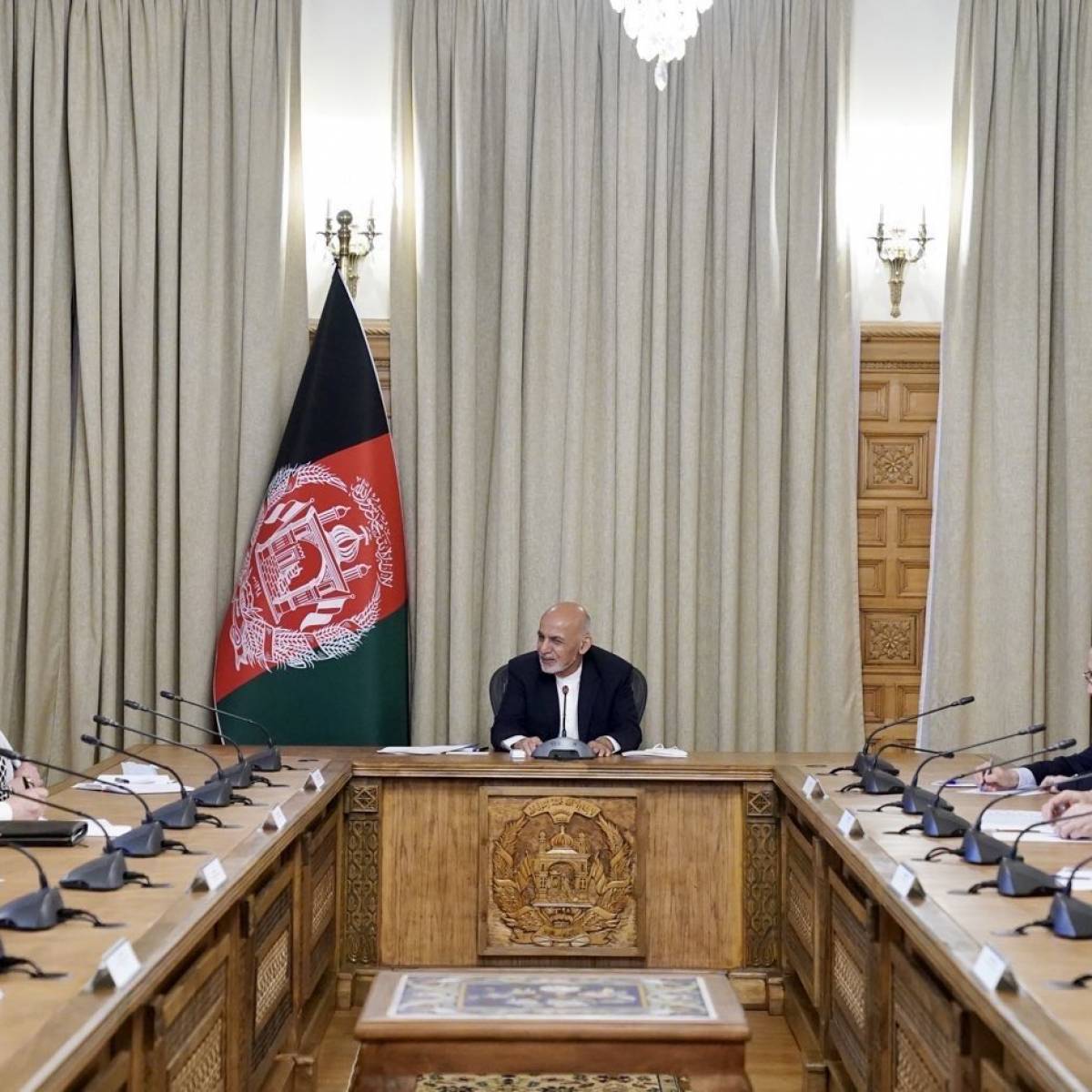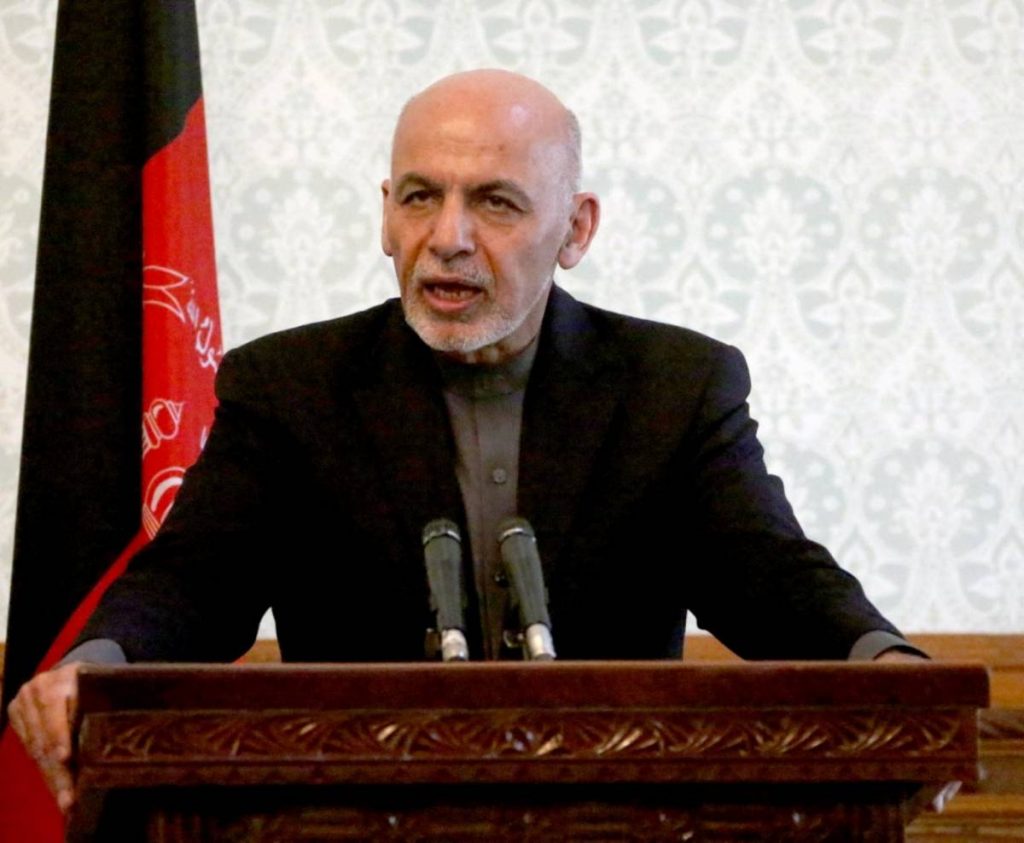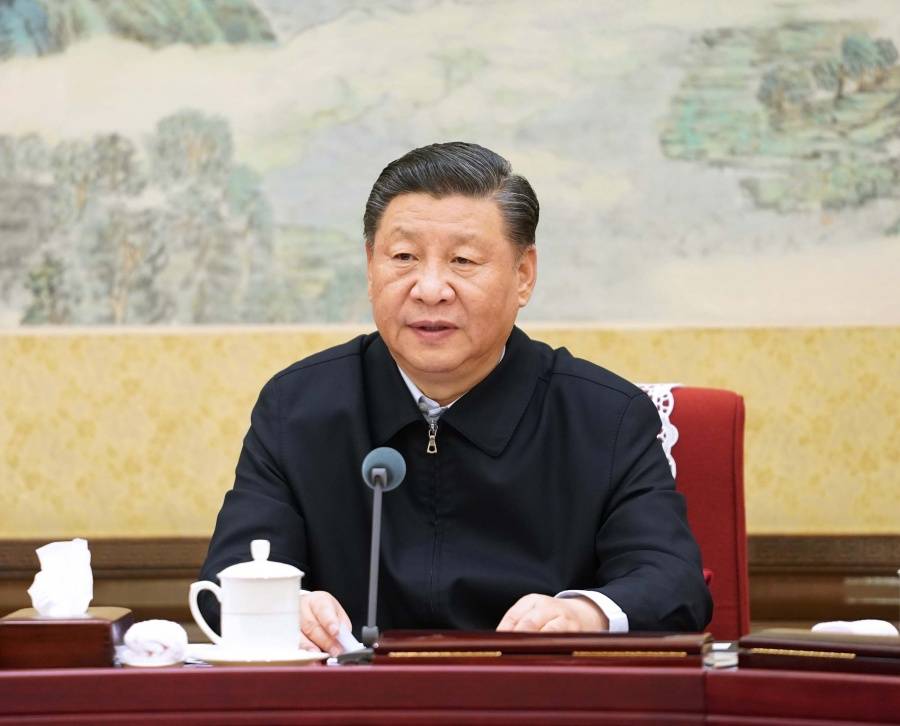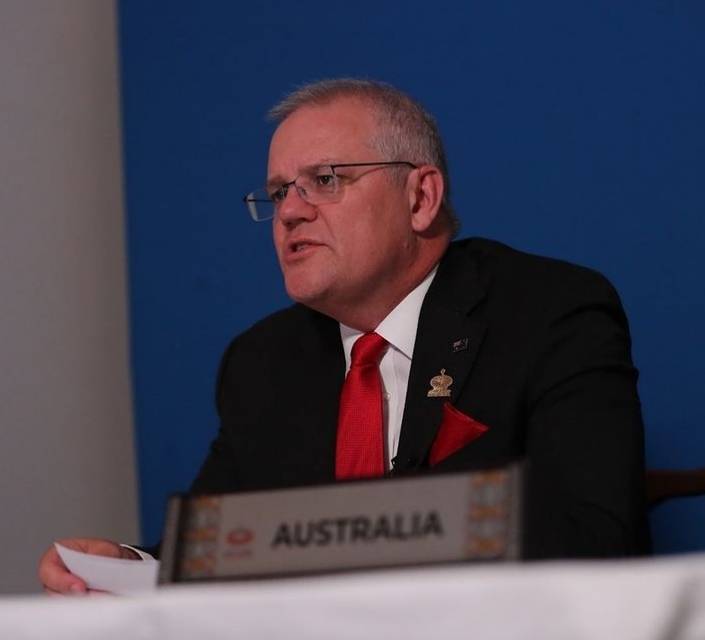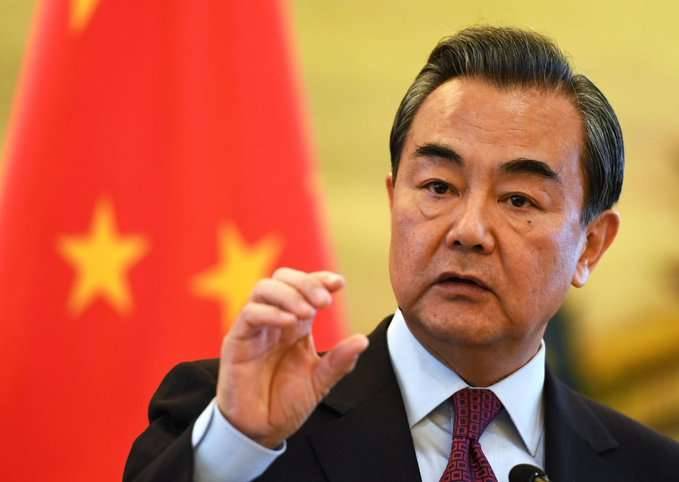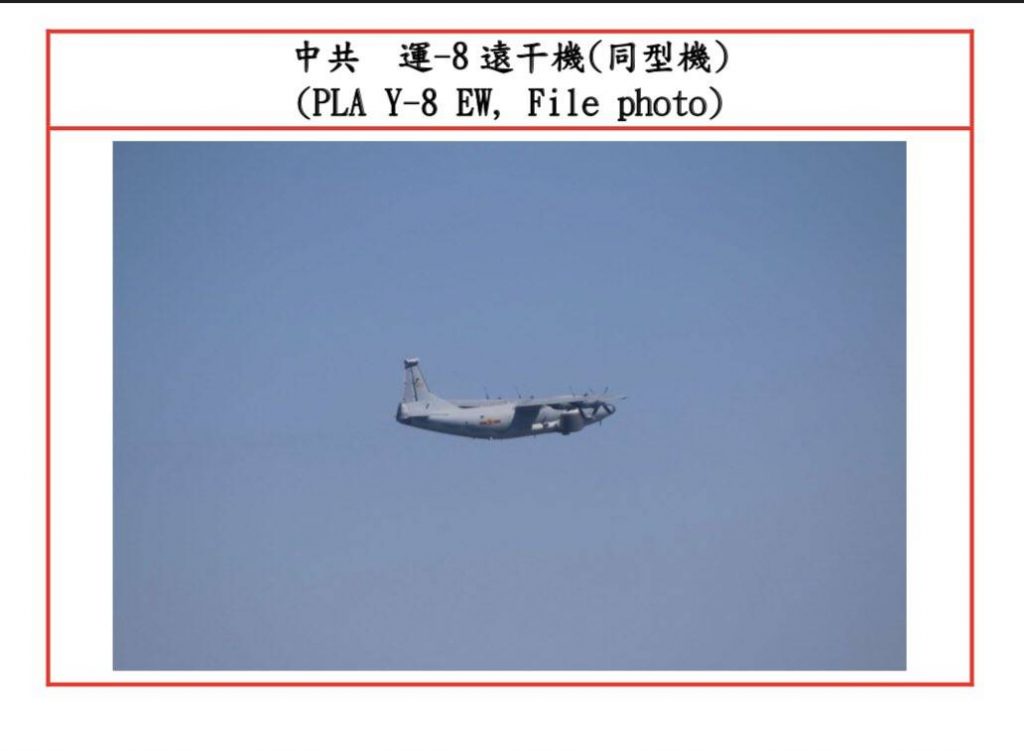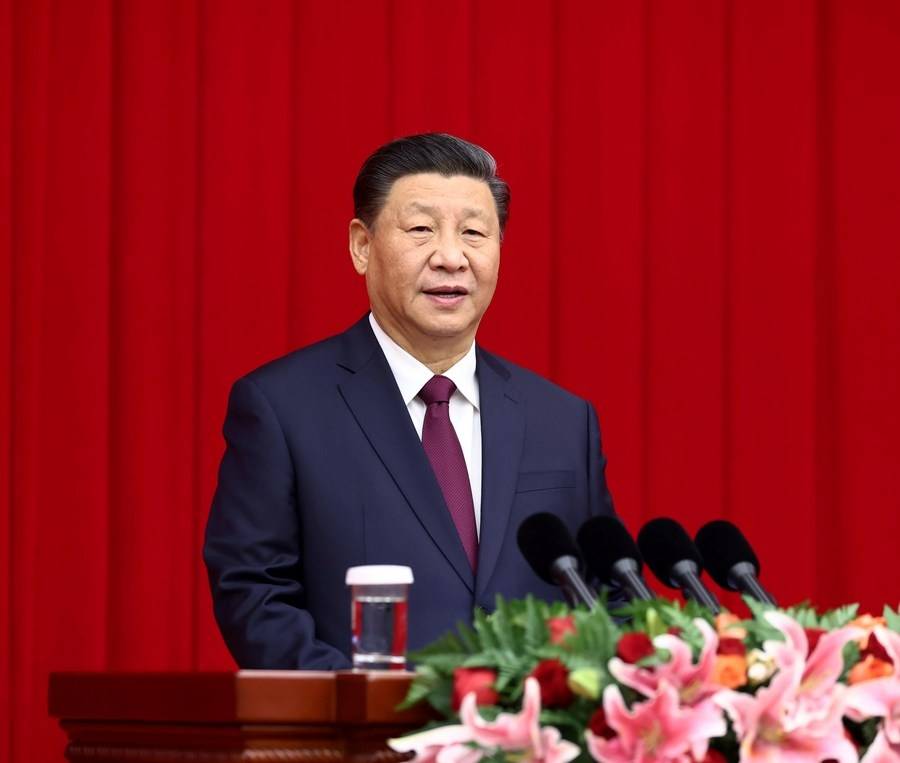Since World War II, Kiribati has allied with western powers, but this has been challenged by a rising China, which is expanding its geopolitical footprint around key pivots in the oceanic as well as continental domains, reports Atul Aneja
China is planning to revamp a remote but strategically located airstrip on a remote island in Kiribati, a move that has jolted two key countries belonging to the Indo-Pacific QUAD, the US and Australia.
The Chinese are eying a World War-II vintage military airstrip, which is 3,000 km southwest of Hawaii. It is also not far from busy commercial shipping lanes running from the US to Australia and New Zealand. In a paper written last year, The Australian Strategic Policy Institute (ASPI) sounded the alarm. “During World War II, Japan’s attempts to block the same lanes were defeated, starting with the Battle of the Coral Sea and then the taking of Guadalcanal in Solomon Islands. Today, China is moving to achieve control over the vital trans-Pacific sea lines of communication under the guise of assisting with economic development and climate-change adaptation,” the ASPI paper observed.
The Chinese moves are part of its plan at global assertion, including the Indo-Pacific region, with the QUAD, comprising India, Japan, Australia and the US as the spearhead.
Reuters is reporting that China’s plans, which have not been made public so far, involve construction on the tiny island of Kanton (also spelled Canton), a coral atoll strategically located midway between Asia and the Americas.

The report quoted Kiribati opposition lawmaker Tessie Lambourne as saying that she was concerned about the project, and wanted to know whether it was part of China’s Belt and Road Initiative. The Kiribati lawmaker was referring to China’s trans-continental connectivity initiative which included the ever-evolving Maritime Silk Road, with radials heading the direction of the Pacific and the Indian Ocean.
“The government hasn’t shared the cost and other details other than it’s a feasibility study for the rehabilitation of the runway and bridge,” Lambourne said. “The opposition will be seeking more information from the government in due course.”
The Chinese have apparently planned their inroads in Kiribati, by cultivating incumbent President Taneti Maamau.
This is not surprising, given Kiribati’s unique geographic location. Despite its small size, Kiribati has only 120,000 residents, the archipelago has compelling strategic attributes. Specifically, it controls one of the biggest exclusive economic zones in the world, spanning more than 3.5 million square kilometres of the Pacific.
ALSO READ: Jaishankar skips China convened Security Council meet
Since World War II, Kiribati has allied with western powers, but this has been challenged by a rising China, which is expanding its geopolitical footprint around key pivots in the oceanic as well as continental domains.
“The island would be a fixed aircraft carrier,” Reuters quoted one unnamed adviser to Pacific governments.
Kiribati’s pro-China turnaround became evident in 2019, when it terminated its diplomatic ties with Taiwan. Instead, it recognised China under Maamau, who had earlier narrowly won an election on a pro-Beijing ticket.
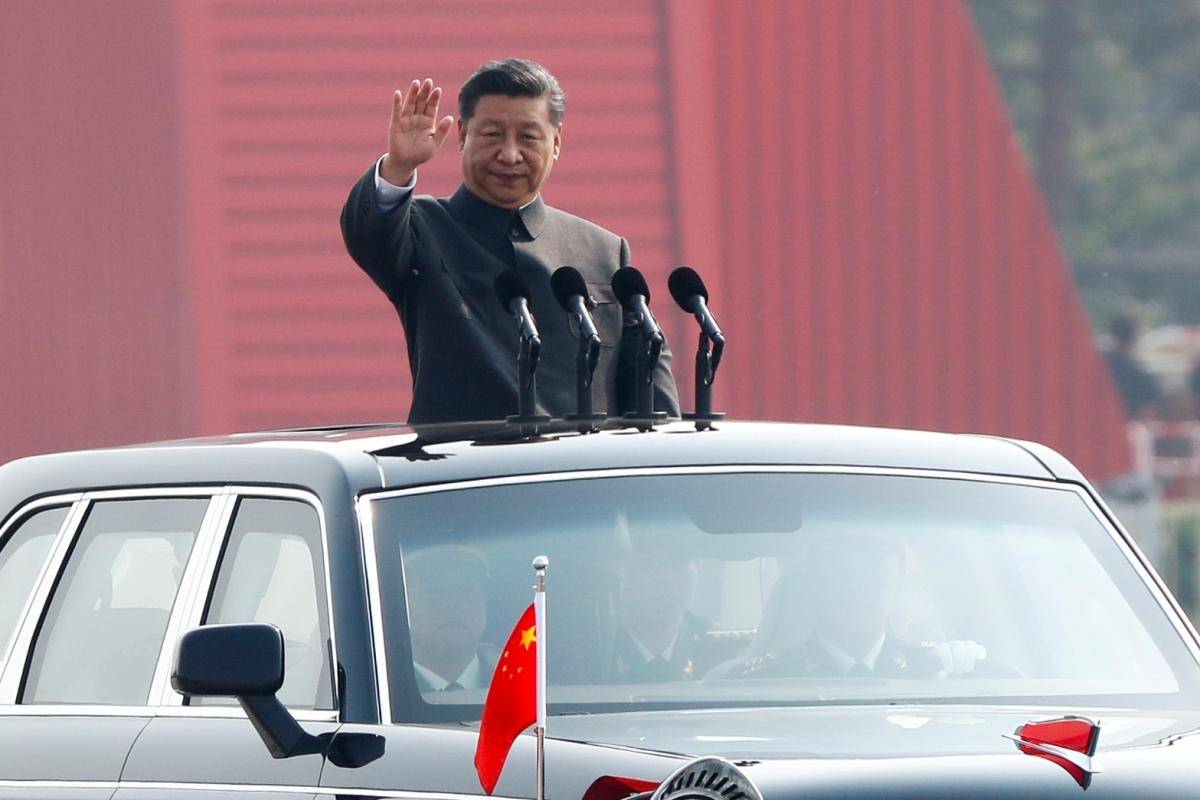
China’s growing influence has been a military setback for the US, which was using Kanton to track missiles and using its two-kilometre-long runway for flying long-range bombers.
Analysts point out that Kiribati was the second domino to fall after China began to cherry pick locations across the globe, which it could manoeuvre to expand its international reach.
In September 2019, the Solomon Islands in the Pacific, had also switched diplomatic allegiance from Taiwan to China.
China’s moves in the Pacific islands signal that the Indo-Pacific is likely to emerge as a prime area of geopolitical frictions, which are likely to test the resolve of the QUAD.
Developing bioweapons?
The May 7 article in The Australian newspaper revealing that bioweapons were on the radar of Chinese academics and military scientists since 2015 has triggered a legitimate demand for sanctioning Chinas science, technology, engineering, and mathematics (STEM) researchers.
The daily brought into global spotlight the existence of a Chinese military paper that discusses the potential of bioweapons based on SARS coronaviruses. Covid-19 is also a mutant of SARS coronavirus called SARS-CoV-2. The findings by the Australian have reopened the debate about the origins of Covid-19, driving holes in the theory that a wet market in Wuhan, a stone’s throw from the Wuhan Institute of Virology, was the ground zero from where Covid-19 radiated across the globe. Reuters is reporting that the virus has already killed nearly 6.9 million people across the world– more than double the number officially recorded, according to an estimate by the University of Washington’s Institute for Health Metrics and Evaluation (IHME).

The Chinese military paper titled Unnatural Origin of SARS and New Species of Man-Made Viruses as Genetic Bioweapons, points out that World War III, if it materialises, will be decided by new age biological weapons. They argue that the future of warfare is biological weapons, signalling that it was therefore necessary for China to develop these weapons of mass destruction. They predict that a “new era of genetic weapons” that can be “artificially manipulated into an emerging human �disease virus, then weaponised and unleashed in a way never seen before,” is on the horizon.
The authenticity of the 263-page Chinese military paper, authored by 18 top experts, including those drawn from the People’s Liberation Army (PLA), has been established by digital forensics specialist Robert Potter. The US Department of Science got hold of the document May 2020, whose details will be published in an upcoming book, to be released in September, titled What Really Happened in Wuhan, authored by Sharri Markson.
The Chinese paper asserts that the new means of delivering bioweapons have been developed. “For example, the new-found ability to freeze-dry micro-organisms has made it possible to store biological agents and aeresolise them during attacks.”
ALSO READ:China explores New Concept Weapons for PLA
The document points out that impact of a bioweapon attack will be overwhelming. It says that a sudden flood of patients into hospitals during a biological weapons attack “could cause the enemy’s medical system to collapse”.
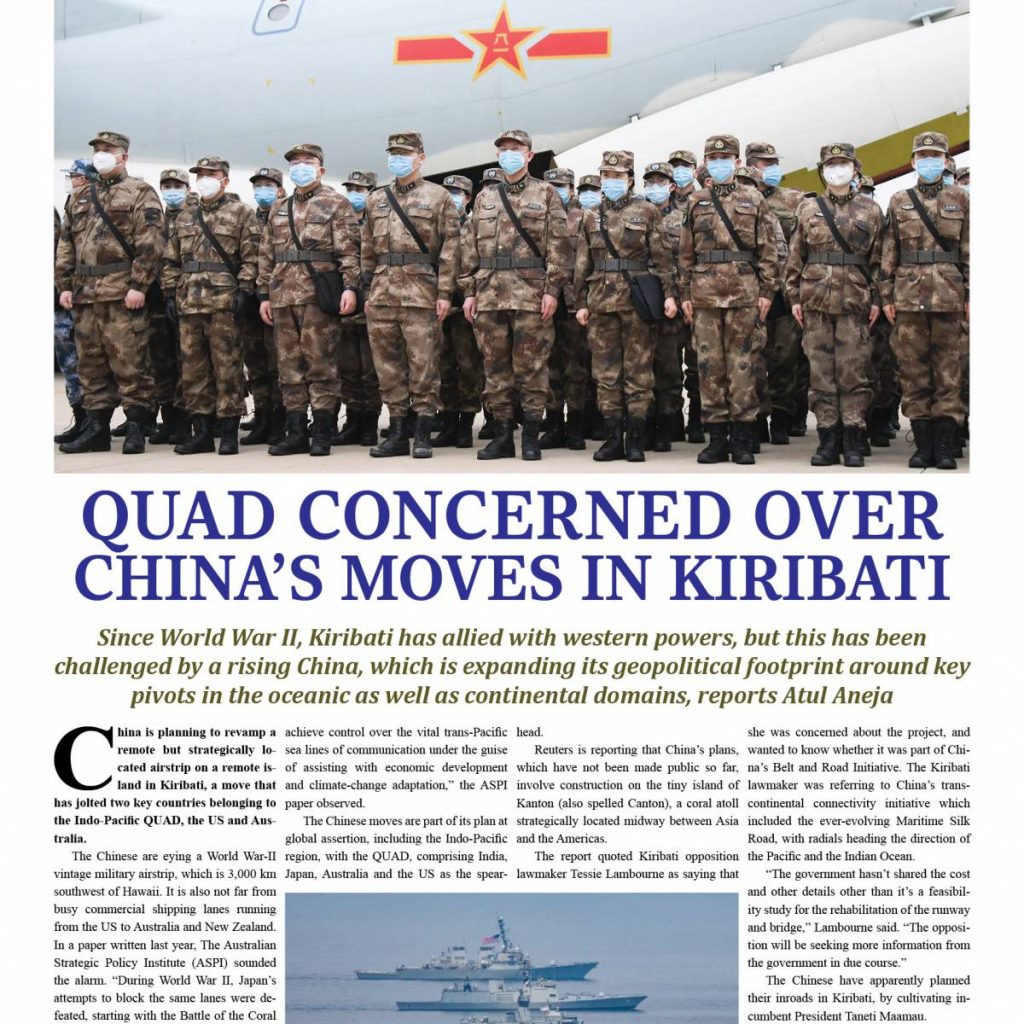
It further examines the ideal conditions for delivering a bioweapon attack. “Bioweapon attacks are best conducted during dawn, dusk, night or cloudy weather because intense sunlight can damage the pathogens,” according to the document. “Biological agents should be released during dry weather. Rain or snow can cause the aerosol particles to precipitate. A stable wind direction is desirable so that the aerosol can float into the target area.”
An opinion article in Epoch Times authored by Ander Corr, Publisher of the Journal of Political Risk spotlights that turn to bioweapons would be a logical extension of China’s track record.
“The document is consistent with significant prior evidence of offensive Chinese biowarfare research that can access technologies such as gene-editing and viral “gain-of-function” (GOF) processes. Chinese military researchers have also shown an interest in bioweapon genetic targeting,” says the article.
The writeup goes on to explain that gene-editing, such as CRISPR technology, could target “specific ethnicity”. facilitate such targeting. “GOF produces new viruses that are more transmissible and lethal than their progenitors, for example, use of an avian influenza virus to evolve, in the lab, a virus that can infect humans. If China can put these technologies together, and has the will to do so, it could design a killer virus that only infects a particular race that China considers to be an enemy.”
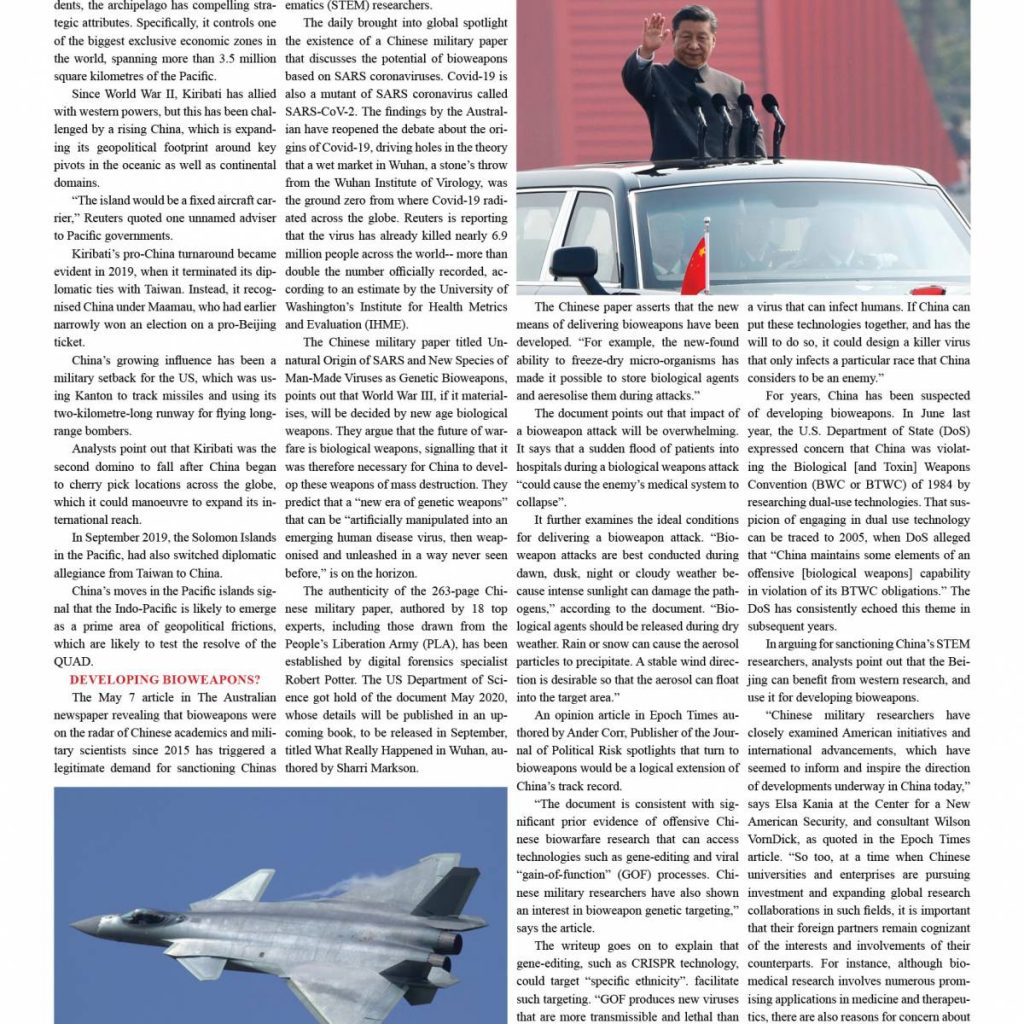
For years, China has been suspected of developing bioweapons. In June last year, the U.S. Department of State (DoS) expressed concern that China was violating the Biological [and Toxin] Weapons Convention (BWC or BTWC) of 1984 by researching dual-use technologies. That suspicion of engaging in dual use technology can be traced to 2005, when DoS alleged that “China maintains some elements of an offensive [biological weapons] capability in violation of its BTWC obligations.” The DoS has consistently echoed this theme in subsequent years.
In arguing for sanctioning China’s STEM researchers, analysts point out that the Beijing can benefit from western research, and use it for developing bioweapons.
“Chinese military researchers have closely examined American initiatives and international advancements, which have seemed to inform and inspire the direction of developments underway in China today,” says Elsa Kania at the Center for a New American Security, and consultant Wilson VornDick, as quoted in the Epoch Times article. “So too, at a time when Chinese universities and enterprises are pursuing investment and expanding global research collaborations in such fields, it is important that their foreign partners remain cognizant of the interests and involvements of their counterparts. For instance, although biomedical research involves numerous promising applications in medicine and therapeutics, there are also reasons for concern about some of the ethical and security externalities of these research engagements.”
ALSO READ: ‘We decide our foreign policy’: B’desh tells China over Quad remarks

